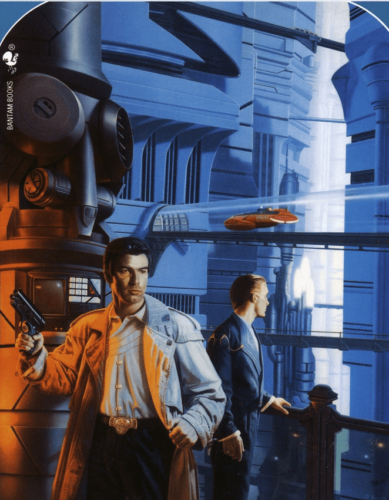Let’s say you put together a team and you’re running for president. You generally don’t make it that far in politics without some bad stuff happening. Taking some corporate donations here. Maintaining the status quo there. You know, politics.
So, what’s each candidate afraid of? For each candidate, there’s got to be a downside. Something about their politics that doesn’t line up with the image they’re presenting to you. After three debates, maybe it’s worth asking.
Eh, or maybe I’m just being dramatic.
But, really though, here’s a post about each candidate’s dark side. If you’re looking for a close and careful reading of the candidates, try some of my other posts. This one’s more in the spirit of fun. Read on for some (probably only mildly) exaggerated takes on what’s wrong with the candidates. A one-line objection to each.


